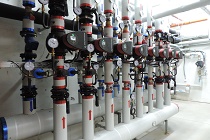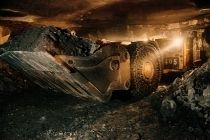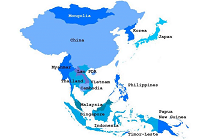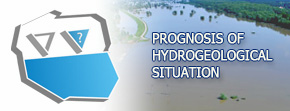Prospects for developing Polish geothermics at the virtual PSG Forum
 The long-term Program for the Development of Utilization of Geothermal Resources in Poland and the role of the Polish Geological Survey in the development of Polish geothermal energy were the main topics of the 3rd Forum of the Polish Geological Survey, which took place on June 30, 2021 in Warsaw and was broadcast online. More than 300 people declared their participation in the event.
The long-term Program for the Development of Utilization of Geothermal Resources in Poland and the role of the Polish Geological Survey in the development of Polish geothermal energy were the main topics of the 3rd Forum of the Polish Geological Survey, which took place on June 30, 2021 in Warsaw and was broadcast online. More than 300 people declared their participation in the event.
"The balance of mineral resources deposits in Poland as of 31.12.2020"
 The latest edition of “The balance of mineral resources deposits in Poland” (in Polish) is available online. In the publication Polish Geological Institute-National Research Institute (PGI-NRI) presented data on almost 14.5 thousand mineral raw materials deposits documented in Poland as of 31.12.2020.
The latest edition of “The balance of mineral resources deposits in Poland” (in Polish) is available online. In the publication Polish Geological Institute-National Research Institute (PGI-NRI) presented data on almost 14.5 thousand mineral raw materials deposits documented in Poland as of 31.12.2020.
PGI-NRI expert as Poland’s permanent representative with the CCOP
 We are pleased to announce that effective the 18th of June, 2021, Dr. Michał Tomczak from the Pomeranian Branch of the Polish Geological Institute - NRI has been appointed as the Permanent Representative of Poland to the Coordinating Committee for Geoscience Programs in East and Southeast Asia (CCOP).
We are pleased to announce that effective the 18th of June, 2021, Dr. Michał Tomczak from the Pomeranian Branch of the Polish Geological Institute - NRI has been appointed as the Permanent Representative of Poland to the Coordinating Committee for Geoscience Programs in East and Southeast Asia (CCOP).
New sheets of The Geological Map of Poland in the scale 1:200 000 are now available!
 Another stage of reambulating the Geological Map of Poland 1:200,000 (MGP) was completed. As a result, 13 new map sheets and their explanations appeared in the Central Geological Database (CBDG).
Another stage of reambulating the Geological Map of Poland 1:200,000 (MGP) was completed. As a result, 13 new map sheets and their explanations appeared in the Central Geological Database (CBDG).















 PGI-NRI offer
PGI-NRI offer Mineral resources of Poland
Mineral resources of Poland  Oil and Gas in Poland
Oil and Gas in Poland 



 Subscribe to RSS Feed
Subscribe to RSS Feed